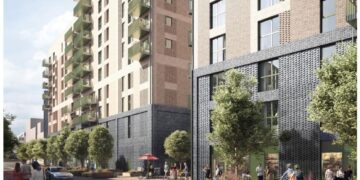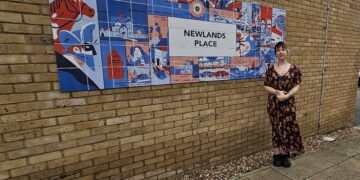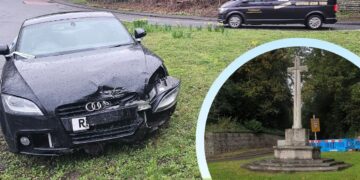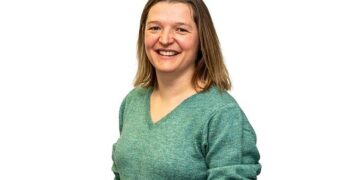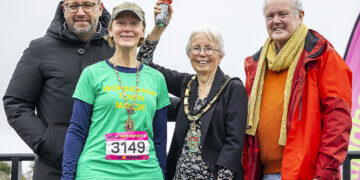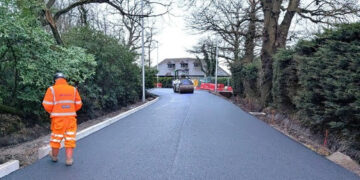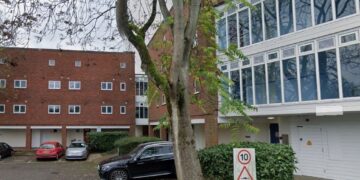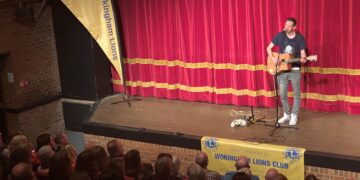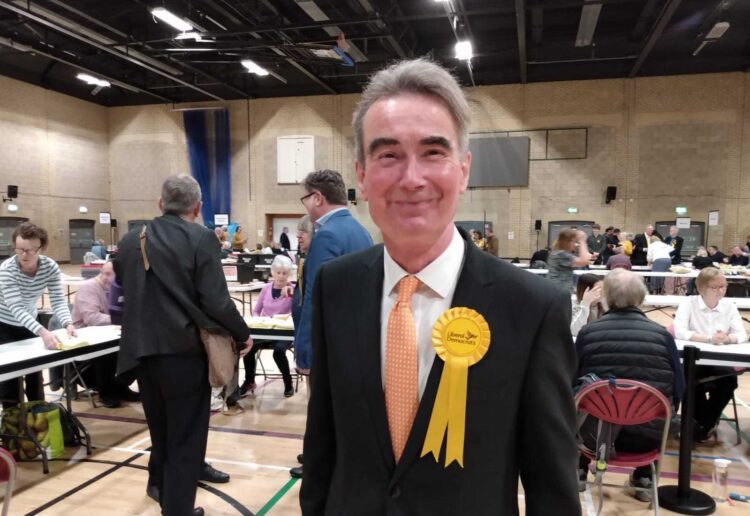We are living in turbulent and worrying times. The violence, disorder, and expressions of hatred all people of goodwill condemn, but those ills seem to be a symptom of a decline in the way we try to deal with differences of opinion and perspective.
Perhaps it all began with the global financial crash of 2008-9 and the subsequent economic crisis, which shook faith in established institutions and led disillusioned people to listen to those offering deceptively simple solutions to complex problems.
In our country, the bitter divisions over Brexit a few years later unleashed a more intolerant form of politics that has continued ever since the Referendum campaign. Those who hold other views are demonized as ‘the enemy’ rather than viewed as people who see things differently. Our country, once envied for its moderation, tolerance, and resistance to extremes, seems now to be no different from many other divided nations.
Part of the explanation for this descent into bitter division lies with external interference in our politics. Much misinformation and disinformation come from those in other countries who have an obvious interest in promoting division here and elsewhere. Mr Putin is no doubt very happy to see this country, and other western nations, weakened by internal splits and fractures.
But politicians in this country, at local as well as national levels, also are responsible for the way our politics is now conducted. Some have chosen to say what they know to be untrue to win popularity, stoke fear and anxiety, and pit one part of the community against another.
So how do we change politics for the better?
Honesty and openness, even when the truth is complicated or difficult, must surely be the basic requirement for everyone involved in political debate. Without it, trust and confidence cannot be restored. The positive message of hope and aspiration must also be heard more loudly than negative, divisive language that seeks to exploit fear of difference. The antidote to lies is truth; the antidote for negativity is positivity.
At the local level, the current administration at Wokingham Borough Council will be open and honest with you about the challenges we face but positive about the community that we serve.
We will strive to be inclusive in the way we work. We will try to engage constructively with all parties on the council, to build consensus and agreement wherever possible. We will try to work inclusively with all our community partners so we can more effectively help our area. And we will include users of council services in discussions about how we make those services better able to meet local needs. No one person or set of people has a monopoly of good ideas. We all benefit when we work together to tackle local problems.
Inclusive means will support an inclusive end. The council’s mission is to create inclusive communities, where everyone, regardless of who they are, has the chance to realise their potential and to contribute. Inclusive communities are much better places to live than divided communities. We are all happier and more fulfilled when we have the opportunity to thrive and feel safe, valued, and able to play our part. Inclusive communities are also more successful communities. When we tap all the talent available in our midst, we become a more productive and prosperous place.
Division and exclusion weaken us; unity and inclusiveness make us stronger.
By Cllr Stephen Conway, leader of Wokingham Borough Council



